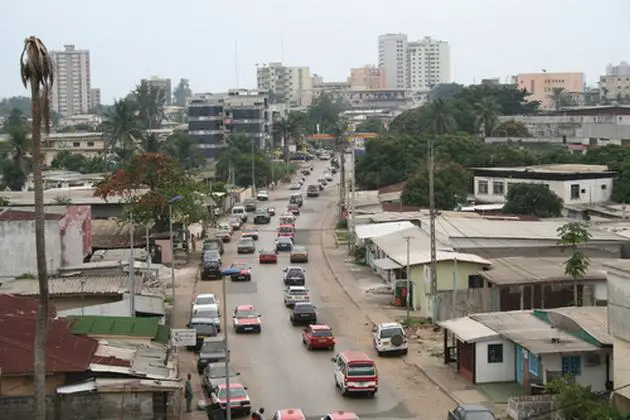Infrastructure in Gabon has received a shot in the arm after the World Bank extended a $100 million loan aimed at boosting infrastructure in the country.
The approved loan is the second phase of the Infrastructure and Local Development project. The project aims to improve access to urban infrastructure and services in selected underserviced neighbourhood and to build basic capacities for municipal management in targeted cities.
The project is a continuation of the Local Infrastructure Development Project (LIDP I) as it builds on and improves the predecessor project’s concept.
The project will also maintain and reinforce the participatory approach initiated under LIDP I, which helped improve transparency of urban investments and promote better lines of accountability between municipalities and local populations.
The country manager for Gabon, Sylvie Dossou says the project is expected to deliver significant social benefits by improving the living conditions of the low-income communities and also reduce urban poverty. This would be achieved through reallocation of public funds to more direct and targeted interventions for the poor.
“Helping in generating temporary employment opportunities in labour- intensive public works will benefit local resident in the selected poor neighbourhoods”, Dossou added.
Three new provincial capitals which comprise, Tchibanga, Koulamoutou and Makokou, and will be covered in the Infrastructure and Local Development Project in addition to the previous six cities targeted by LIDP I. The cities include Lambaréné, Libreville, Oyem, Mouila, Port-Gentil, and Franceville.
This will ensure equitable repartition of investments throughout the country and correspondence to the nine regional capitals of Gabon
“This project will enable residents from specific underserviced neighbourhoods get access to basic services. It will also strengthen the competency of the municipality administration,” says Senior Municipal Engineer, Mahine Diop.
The local construction sector, especially SMEs are set to benefit from training and contract opportunities which will in return revitalize the local job market.
